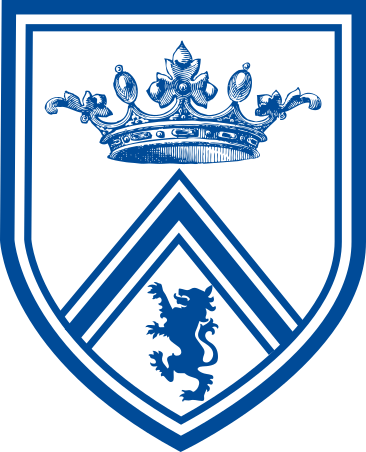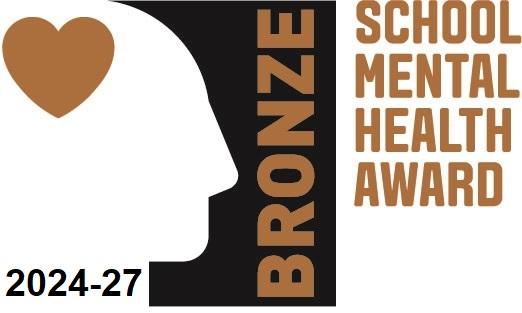POLITICS
Please click on the links below:
What is A Level Politics about?
Studying politics develops students’ awareness of the political system they live in and how they can be involved in it and encourages exploration of issues prevalent in modern society. Students develop appreciation and understanding of the dynamic and transitional world surrounding them, and the capacity to analyse, challenge and debate.
What do we teach in A Level Politics and why?
Students study the nature of politics and how people engage in the political process in the UK. Students will investigate in detail how people and politics interact. They will explore the emergence and development of the UK’s democratic system and the similarities, differences, connections, and parallels between direct and indirect democracy. They will focus on the role and scope of political parties that are so central to contemporary politics, including the significance of the manifestos they publish at election time and their relevance to the mandate of the resulting government. Students will examine how electoral systems in the UK operate and how individuals and groups are influenced in their voting behaviour and political actions. This component will further examine the role of the media in contemporary politics. It will also give students an understanding of voting patterns and voting behaviour.
Alongside this, students will study the nature of UK government. Students will study the set of rules governing politics in the UK, the UK constitution, which is different in nature from most of the rest of the world. It introduces students to the specific roles and powers of the different major branches of the government – legislative, executive, and judiciary – as well as the relationships and balance of power between them and considers where sovereignty now lies within this system.
Students after studying the concrete examples of political processes and how the political institutions work governing the UK will then study the abstract political ideas of Conservatism, Liberalism, Socialism and Nationalism.
The USA has been considered by some to be a ‘beacon of democracy’. As a world power, understanding the nature of US democracy, and the debates surrounding it, is crucial given the considerable impact that the USA has on UK, European and global politics. Students will explore the US Constitution and the arguments surrounding this guiding document of US democracy. In learning about the key institutions of government in the USA and analysing the manner in which they achieve this power and exercise it over their citizens, students will judge ultimately whether ‘liberty and justice for all’ has been achieved in the USA. Students will be expected to highlight the debates on the nature of democracy in the USA and evaluate the extent to which it remains an issue. The impact of the US government on the world beyond its borders is increasingly a feature of international politics. Students will begin to engage with this interaction by comparing politics and institutions in the US with those in the UK. This will develop a wider understanding of politics as a discipline, underpinned by the theoretical concepts of comparative politics
What does A Level Politics enable our students to do?
Students will be able to write critically and produce justified conclusions to many complex debates in both UK and US Politics.
They will be able to develop their communication skills by being able to articulate their views and persuade others with their most convincing arguments.
They will be able to work independently as well as collaboratively with others
They will be able to use internet research and assess what makes a reliable source of information and what does not but how it still can be useful
They will have a deep and broad knowledge of UK and US political processes and institutions to apply this to the wider world when going forward in their careers and international events taking place
They will understand the importance of being active in the political processes of the UK and fulfil their responsibilities as well as spread and share the importance of this responsibility with others.
How is the curriculum structured in A Level Politics?
In Y12 and Y13 students receive 5 hours a week of lessons and expect a minimum of 3 hours a week of home learning to deepen their learning and take this opportunity to engage with wider reading which will help their studies.
What specifications do we use?
A-LEVEL: Edexcel 9PL0
What are the links between A Level Politics and other subjects?
A Level Politics links well with History as students study the civil rights movement in A Level History they examine Presidential actions in the movement in passing legislation and Supreme Court landmark cases which students also study in A Level Politics. Much of the Politics course examples are looking back at historical examples as well as researching to find current examples. A Level Politics links with English Language and English Literature as the written skills for these subjects have lots of cross over with students having to apply context to their writing in terms of examples. A Level Politics and Psychology and Sociology have many cross over links as students study in Psychology human behaviour this links directly when students in Politics examine voter behaviour both in the UK and USA. Sociology and Politics have crossover links both in content when students study Feminist and Marxist viewpoints which link with the political idea units as well as other elements such as developing and practicing their critical writing and debate skills.
What are the future careers students can take when they study A Level Politics?
Students who study A Level Politics will go on to have access to a wide range of careers including immersing themselves in the UK political system by campaigning to become and MP or joining the Civil Service, they will be able to pursue a career in writing policies for businesses or charities, becoming a journalist, editor or publisher. They could pursue careers in the world of education such as teaching or lecturing. Students who wish to study law would have developed transferable skills that would make them successful to go on to study and practice law.
What extra-curricular activities can students take part when you study GCSE Citizenship?
Students will have the opportunity to visit the UK Parliament and Supreme Court as well as a chance to take part in a conference where students get the opportunity to question a member from the US House of Representatives and US Senate. Students can expect visits from their local MP as well as from a member of the US embassy.








